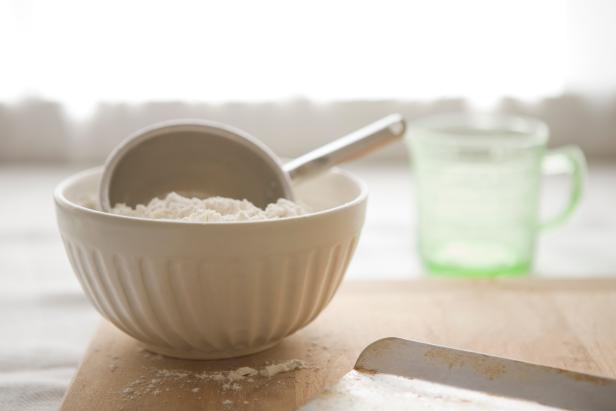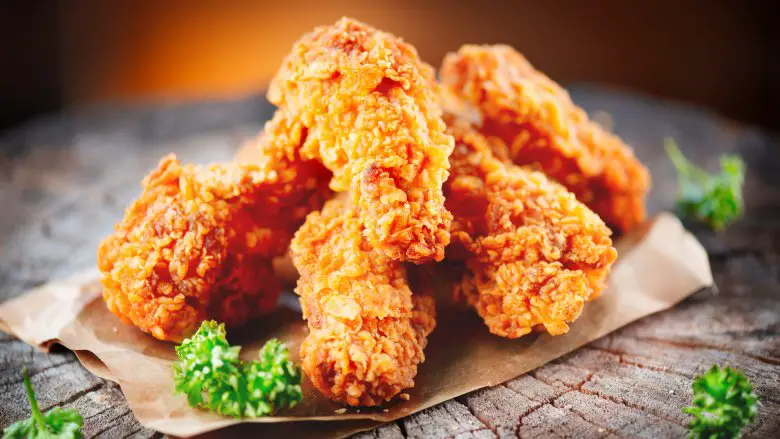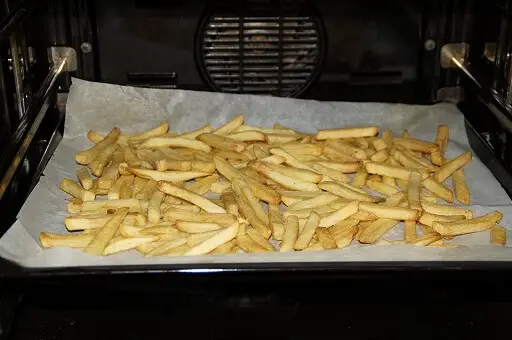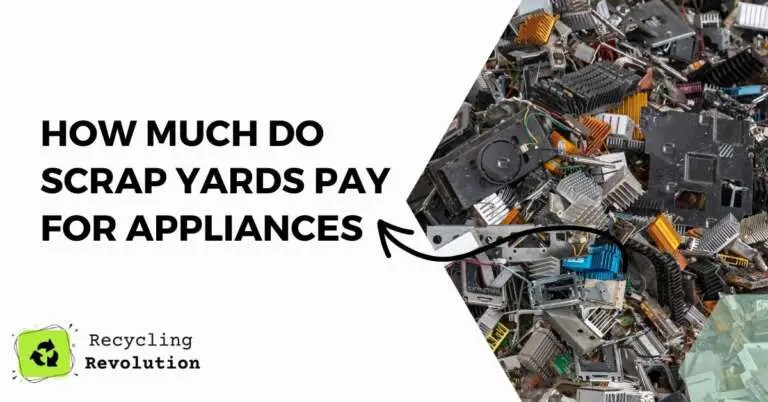Baking powder is an essential ingredient in every baker’s toolbox. It serves as a chemical leavening agent, which means it reacts with other ingredients during baking to produce carbon dioxide gas that causes baked goods to rise and become fluffy. Although baking powder is safe to consume in small amounts when used appropriately, there is some concern about the safety of consuming it raw or uncooked. In this article, we will explore whether raw baking powder is safe to eat and uncover the potential risks and benefits associated with its consumption.
Composition and Functionality
Baking powder is a mixture of sodium bicarbonate (baking soda), cream of tartar (an acid), and cornstarch (a moisture-absorbing agent). Together these ingredients react to produce carbon dioxide gas when mixed with liquid and heated in the oven. The chemical formula for baking powder is NaHCO3 + H+ → Na+ + CO2↑ + H2O.
Baking soda and baking powder are often confused, but they are not the same thing. Baking soda is pure sodium bicarbonate without the cream of tartar or cornstarch added. Baking soda needs an acidic ingredient like lemon juice, vinegar, or honey to activate it and produce carbon dioxide gas.
Is Raw Baking Powder Safe for Consumption?
Risks Associated with Eating Raw Baking Powder:
Consuming raw baking powder may pose several health risks due to its high concentration of sodium bicarbonate. Ingesting large amounts of baking powder can cause digestive issues such as nausea, vomiting, stomach pain, diarrhea, and constipation. Other possible side effects include tremors, seizures, kidney failure, heart failure, and even death in severe cases.
Baking powder also contains cornstarch which can lead to problems if you are allergic or sensitive to corn-based products.
Does the Manufacturing Process Affect Safety?
The manufacturing process can affect baking powder’s safety. Some varieties of baking powder contain aluminum compounds, which have been linked to health concerns such as Alzheimer’s disease and cancer. These types of baking powders are generally labeled as “aluminum-based” or “double-acting,” and they release carbon dioxide gas twice: once when mixed with liquid and again when exposed to heat in the oven.
Non-aluminum alternatives such as “phosphate-based” or “tartrate-based” are also available, and they do not contain aluminum compounds. They only release carbon dioxide gas when combined with liquid, not during the heating process.
The Potential Benefits of Eating Raw Baking Powder:
Applications in Health Remedies:
Raw baking powder has been used in various health remedies for centuries. One of its most popular applications is for easing heartburn. Consuming a small amount of raw baking soda mixed with water neutralizes stomach acid and reduces heartburn symptoms.
Baking powder can also be used topically for soothing insect bites by mixing it with water to create a paste. This paste can draw out toxins from the affected area and reduce itchiness.
However, it is important to note that these remedies should be used judiciously, following recommended dosages, and consulting with a healthcare provider before use.
Applications in Cooking Recipes:
Beyond conventional culinary uses, raw baking powder has slightly unconventional applications too! It can be used as a natural cleaner due to its abrasive nature and low toxicity levels. Additionally, adding a little bit of extra baking powder while making dough for bread or pizza crusts can enhance their fluffiness without changing the flavor profiles significantly.
Conclusion: Safe Consumption Measures
While consuming small amounts of baked goods that include baking powder is safe for consumption; however, eating raw or untreated/ spoiled product should always be avoided due to health risks associated with it.
If using raw/untreated baking powder for home remedies or natural cleaning, it is essential to follow recommended guidelines, avoid overdose, and consult health care providers before use.
Additionally, storing baking powder in a cool, dry place and discarding expired boxes/packages is important for safety purposes.
In conclusion, while raw baking powder may have some health benefits when appropriately used in recommended dosages; however, consuming raw or untreated products without the necessary precautions could lead to dangerous health consequences.
Q&A
- Q: Can eating raw baking powder be harmful to my health? A: Yes, consuming large amounts of raw baking powder can cause serious health issues such as dehydration, muscle weakness, and even cardiac arrest.
- Q: Why do some recipes call for baking powder to be included in uncooked ingredients? A: Baking powder is a leavening agent that releases carbon dioxide gas when mixed with liquid. This helps food rise and become fluffy. Some recipes may require the food to rise before cooking or simply not need cooking at all.
- Q: Is it safe to use expired baking powder for raw consumption? A: Using expired baking powder for any purpose, including raw consumption, is generally not recommended as it may result in poor taste or texture of the food item.
- Q: Can adding too much baking powder to a recipe be dangerous when consumed raw? A: Consuming excessive amounts of baking powder can lead to stomach discomfort, nausea, and vomiting. However, the amount needed to cause harm will depend on an individual’s health condition and other factors such as age and weight.




